I was excited about the opportunity to explore a new country and make new friends when I moved to the UK as a boy of nine in 2018. However, when I started school in the new country, I found it very difficult to adapt to the culture and surroundings. I knew I was one of the fortunate ones who has got the opportunity to experience the education system in one of the most advanced countries in the world, which many children in the world cannot afford, or even dream.
It's been nearly five years since then, and I am writing this to share my experience and thoughts with parents who migrate to the UK with their children. My parents had given enough thought and prepared my sibling and me before we moved to the UK. But I feel that preparation wasn’t sufficient.

I was a cheerful and popular kid studying in a famous Hyderabad Public School, located in Ramanthapur, Hyderabad, India. If only I had known, I would've totally stayed back in India and chosen to live in a hostel instead of coming to the UK. It's been especially tough for me to make new friends here because I'm naturally social and had a bunch of friends back home. All my school buddies and neighbourhood pals just disappeared all of a sudden, and on top of that, the weather here is so gloomy that I often find myself sitting alone at home. It has had a big impact on me. Thankfully, my parents, have been doing everything they can to make me feel better.
Based on personal experience and a survey I conducted with 50 Indian students living in the UK, I've discovered some important issues that parents of migrant children should focus on.
From the parents' point of view, they face their own challenges in adjusting to a new country with their family. However, instead of simply telling their children to adjust and be calm, parents should put more thought and effort into helping their kids transition to the new environment. For example, choosing to live in areas where there are other children from similar backgrounds, selecting schools with similar criteria, finding ways for children to meet other immigrant kids more often, and planning outings together can all make the transition easier.
From the schools' perspective, one common challenge for Indian immigrant children is language barriers. Around 45% of the students in the survey mentioned that language difficulties affect their academic performance and understanding of the curriculum. Schools need to provide language support, such as English classes, peer assistance, and access to bilingual resources, to help these students integrate and succeed in their studies.
Another issue that emerged from the survey is cultural differences. Over 60% of the respondents found it difficult to adapt to the British education system and culture. UK schools can be quite different from what Indian children are used to, causing stress and anxiety. Schools can help by offering orientation programs, cultural exchange activities, and support networks to help students feel more connected to their new environment.
Discrimination and racism were also highlighted as significant issues by the students in the survey. They reported experiencing racial slurs, bullying, and prejudice. Schools should have zero-tolerance policies toward discrimination and racism and provide support services like counseling, peer support, and mentorship programs for those affected.
Another problem that some of the people in the survey mentioned was that there's not enough diversity among the teachers. Around 20% of the students who were asked said they felt uneasy when they had to talk to teachers who didn't get where they're coming from culturally. To fix this, schools can hire more teachers from different backgrounds, give cultural training to the current staff, and even encourage students from diverse backgrounds to think about becoming teachers. That way, they can make everyone feel more understood and included in the learning process.
In conclusion, there are several steps that schools can take to address the challenges faced by Indian immigrant children in UK schools. This includes providing language support, orientation programs, cultural exchange activities, and a zero-tolerance approach to discrimination and racism. It's important to create a welcoming and inclusive environment where all students feel supported and can reach their full potential.
Varshith Premnath Kokkonda is a Year 9 student at Palmer Catholic School, London




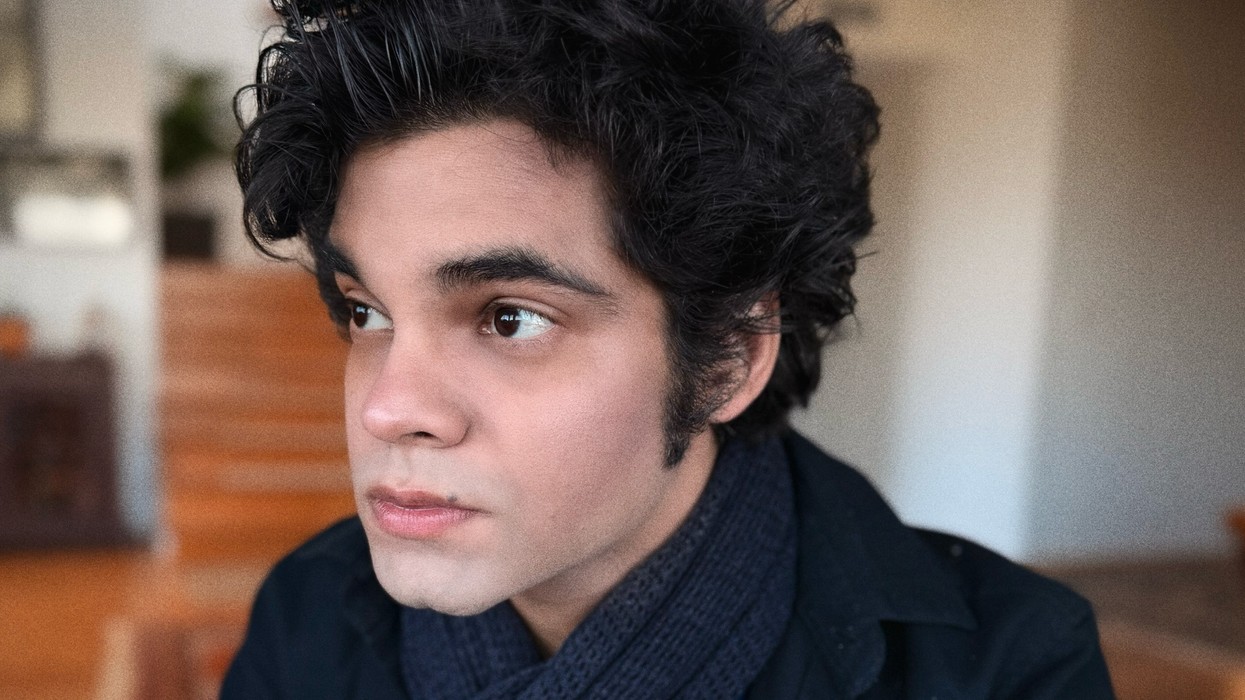

 Sonakshi Sinha and Arjun Rampal in the doomed thriller 'Nikita Roy.'
Sonakshi Sinha and Arjun Rampal in the doomed thriller 'Nikita Roy.' Comedian Rajat Sood, the self-proclaimed 'India’s most failed lover,' brings his humour to London
Comedian Rajat Sood, the self-proclaimed 'India’s most failed lover,' brings his humour to London Vish, the beloved Bollywood street performer, takes his final bow on UK streets
Vish, the beloved Bollywood street performer, takes his final bow on UK streets Sargun Mehta and Ammy Virk return for more chaos in 'Saunkan Saunkne 2
Sargun Mehta and Ammy Virk return for more chaos in 'Saunkan Saunkne 2 Nishard M and Pritivi Bheem’s fresh take on the classic 'Chhod Do Aanchal
Nishard M and Pritivi Bheem’s fresh take on the classic 'Chhod Do Aanchal Osman Mir & Third Culture Collective blend Gujarati folk with Western orchestration
Osman Mir & Third Culture Collective blend Gujarati folk with Western orchestration  Akshay Kumar in the controversial 'Kesari Chapter 2,' another box-office disaster
Akshay Kumar in the controversial 'Kesari Chapter 2,' another box-office disaster Maya Lakhani rocks her Gujarati chaniya choli while shredding an electric guitar
Maya Lakhani rocks her Gujarati chaniya choli while shredding an electric guitar London’s Soho Theatre expands to Walthamstow, bringing more South Asian comedy to the stage
London’s Soho Theatre expands to Walthamstow, bringing more South Asian comedy to the stage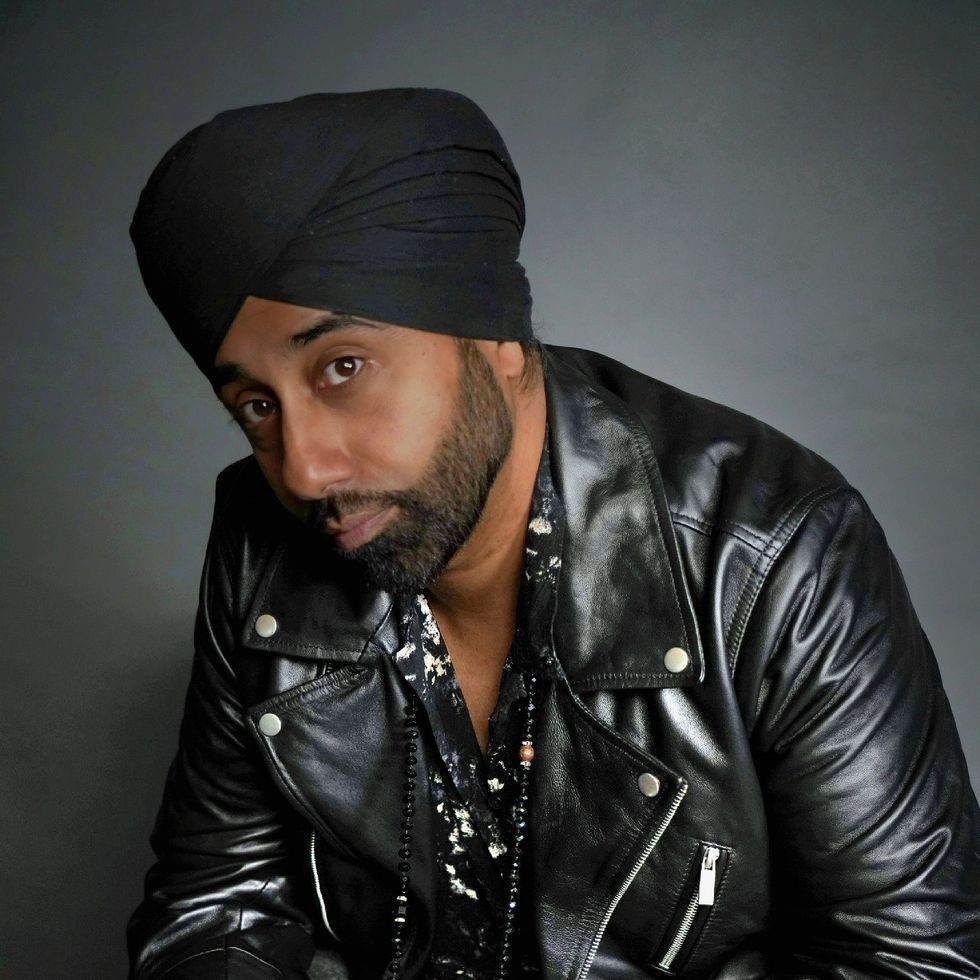 Jassi Sidhu and other Punjabi legends set to light up London’s O2 Forum
Jassi Sidhu and other Punjabi legends set to light up London’s O2 Forum










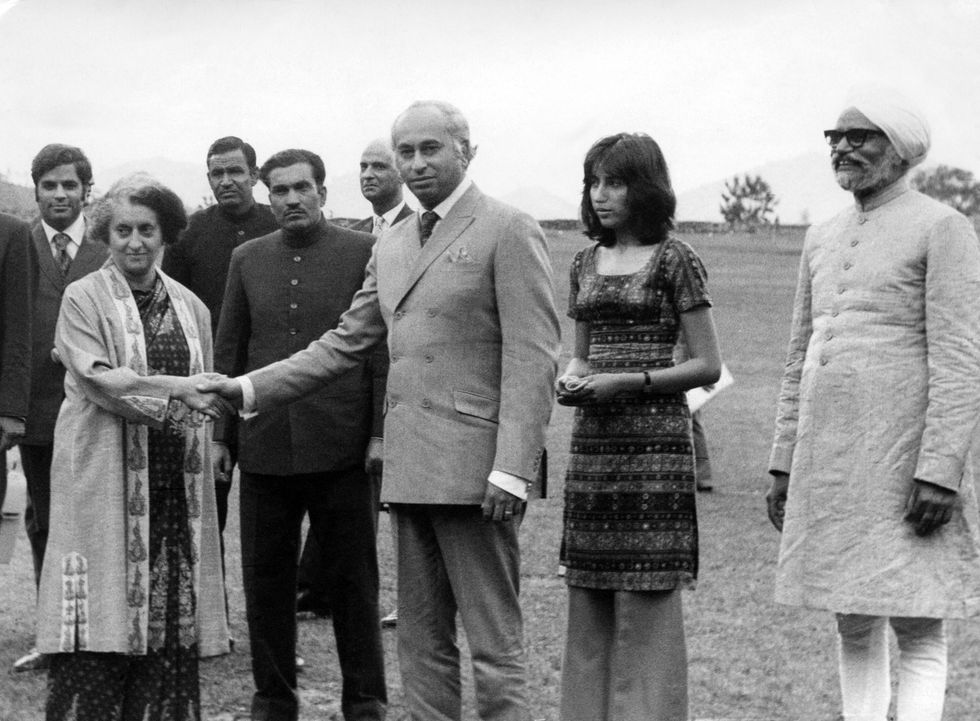 President Zulfikar Ali Bhutto (centre) shakes hands with India’s prime minister Indira Gandhi in 1972 in Shimla, as his daughter Benazir Bhutto looks on
President Zulfikar Ali Bhutto (centre) shakes hands with India’s prime minister Indira Gandhi in 1972 in Shimla, as his daughter Benazir Bhutto looks on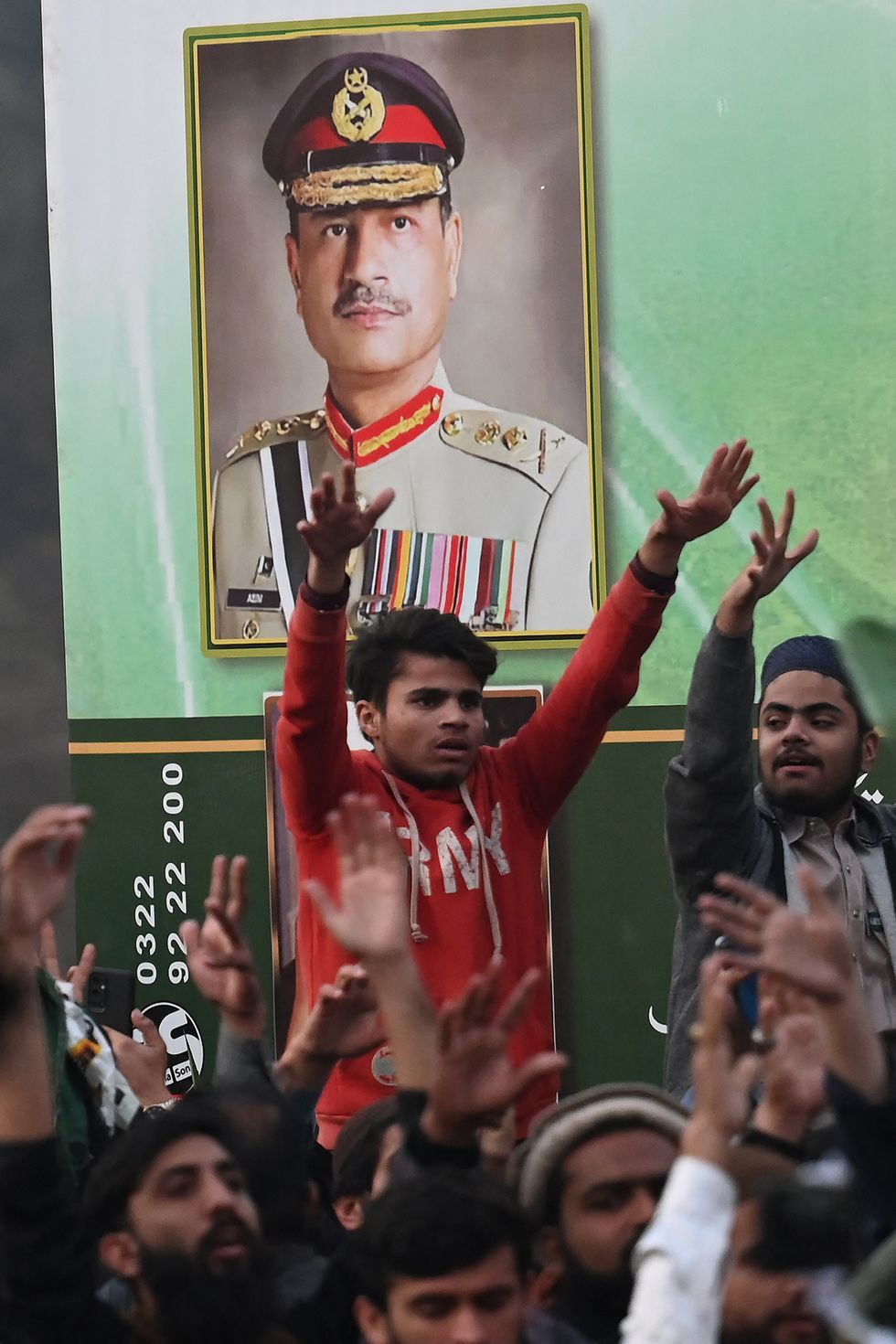 A photograph of General Asim Munir
A photograph of General Asim Munir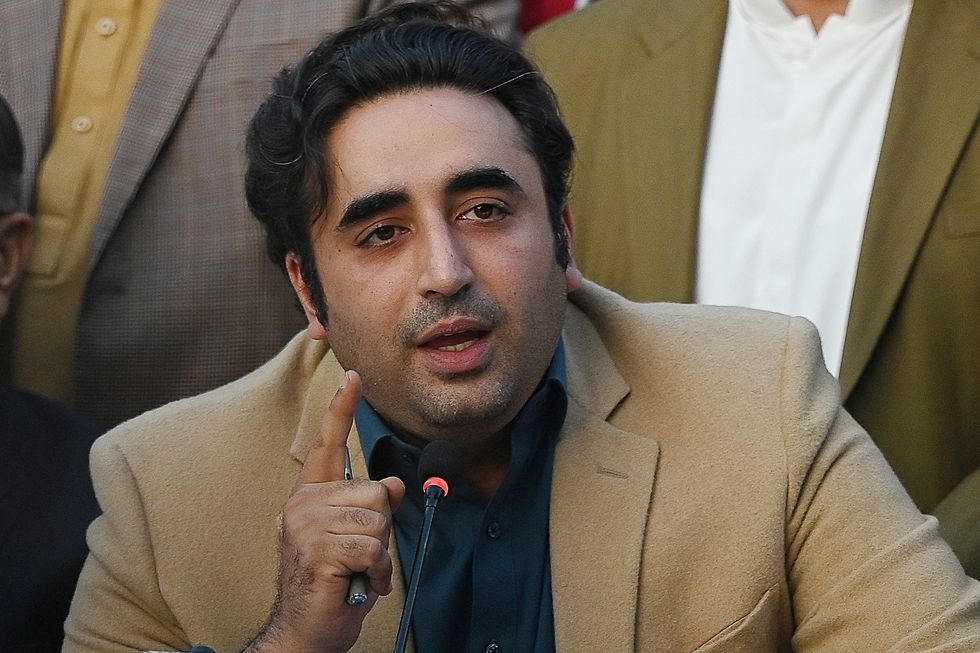 Bilawal Bhutto Zardari
Bilawal Bhutto Zardari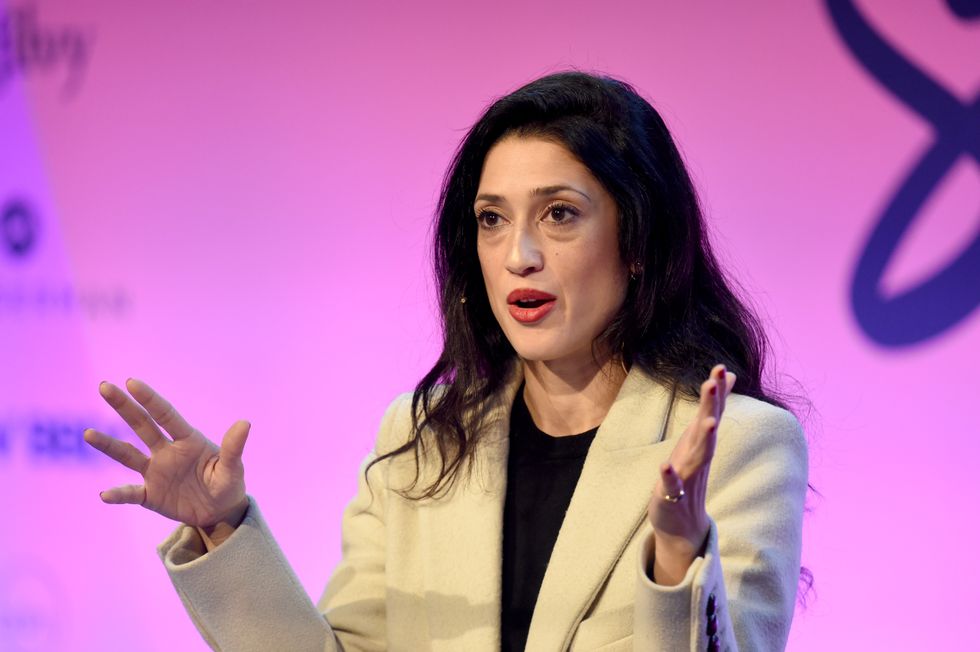 Fatima Bhutto
Fatima Bhutto 
 Armaan Malik
Armaan Malik 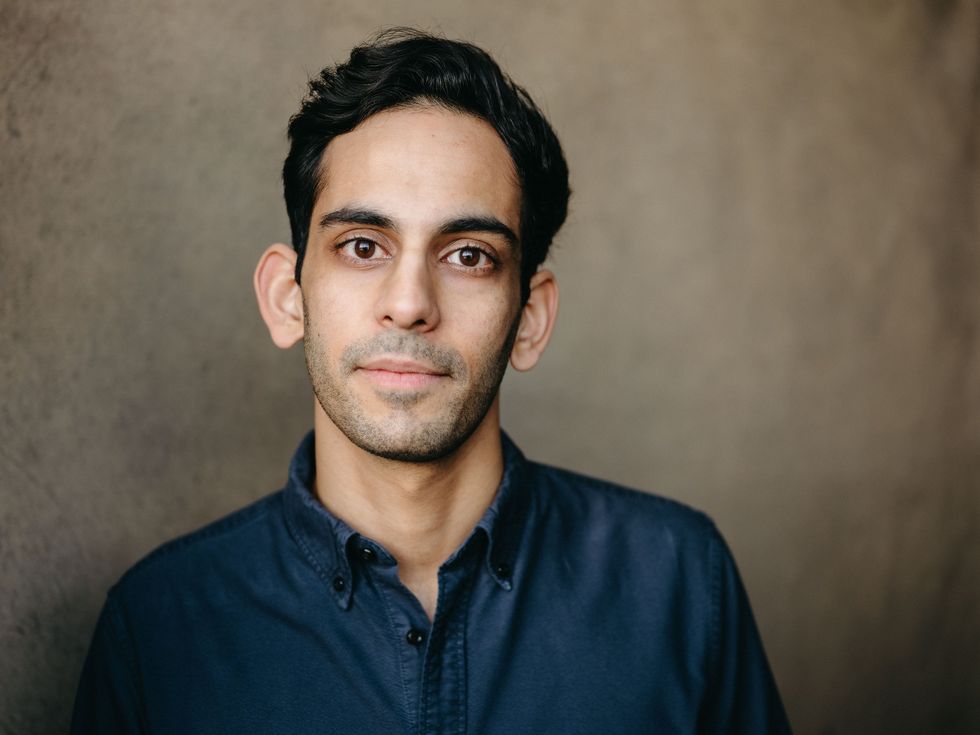 Sid Sagar
Sid Sagar Gurdas Maan
Gurdas Maan The Glassworker
The Glassworker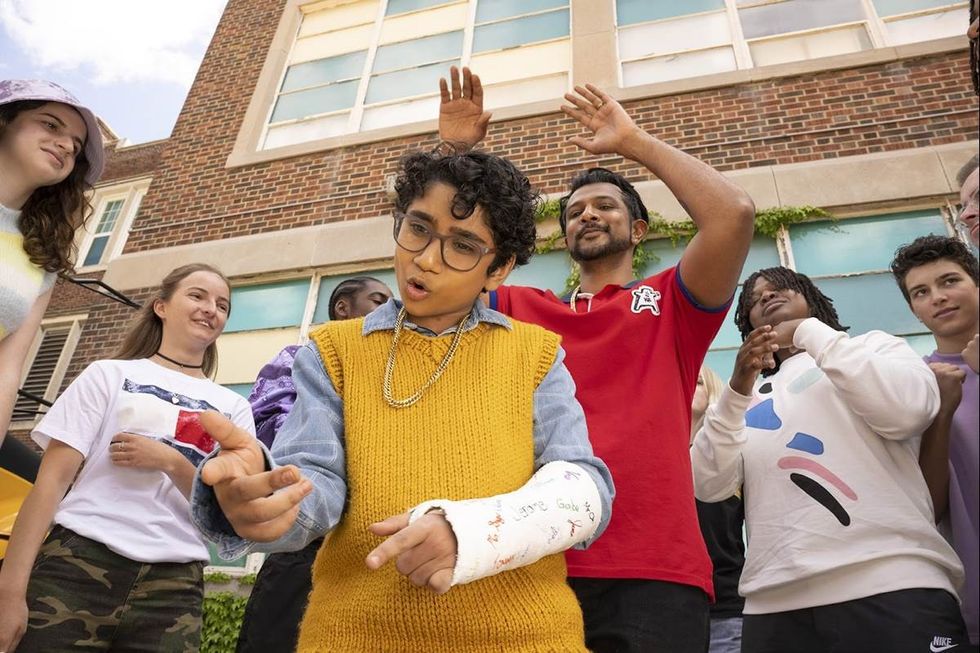 World’s Best
World’s Best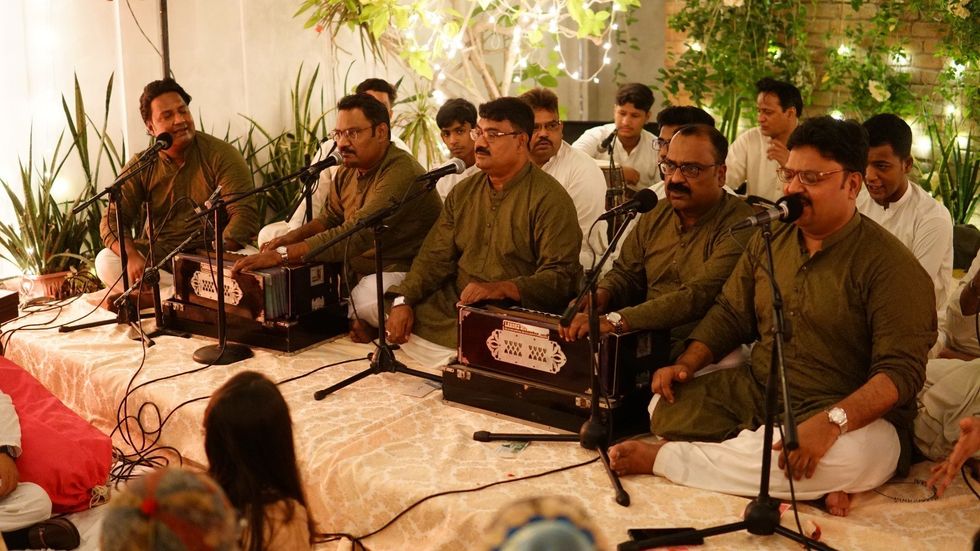 Najmuddin/Saifuddin Qawwal Group
Najmuddin/Saifuddin Qawwal Group Kumudini Lakhia
Kumudini Lakhia Kumudini Lakhia with Aditi Mangaldas
Kumudini Lakhia with Aditi Mangaldas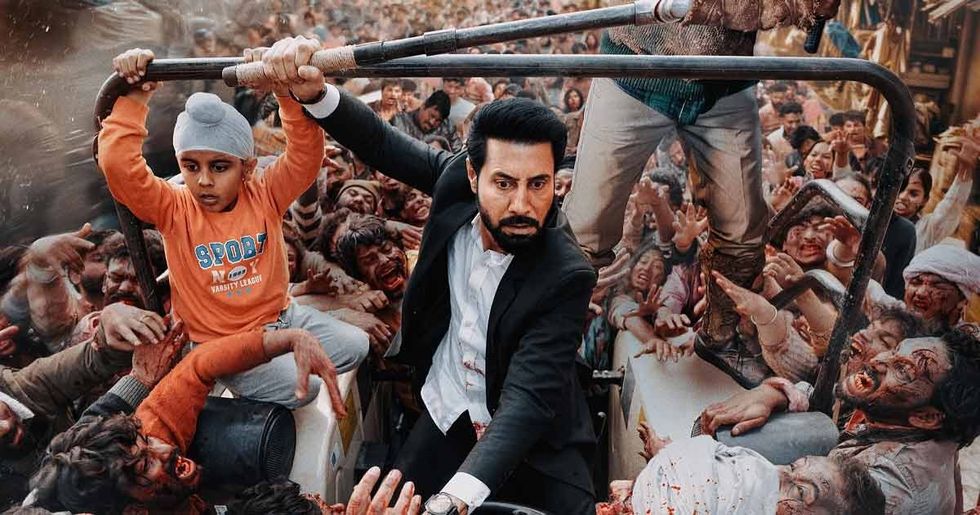 Jombieland
Jombieland Delara
Delara Sunny Deol
Sunny Deol


 Priya Malik
Priya Malik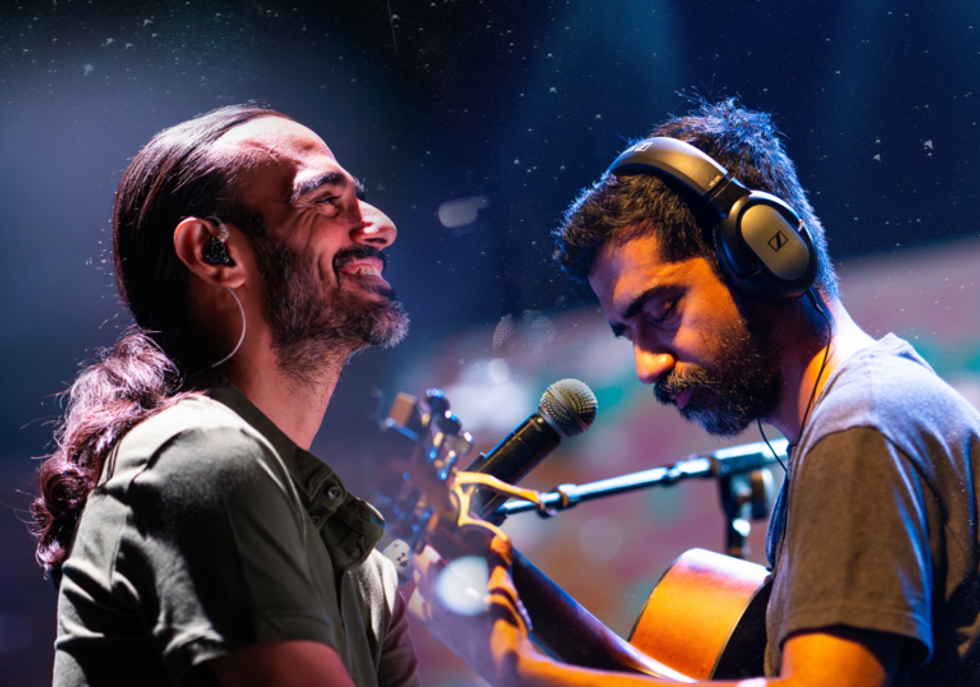 Kaavish
Kaavish Kesari: Chapter 2
Kesari: Chapter 2 Laapataa Ladies
Laapataa Ladies Rizwan Muazzam
Rizwan Muazzam Manasi Ghosh
Manasi Ghosh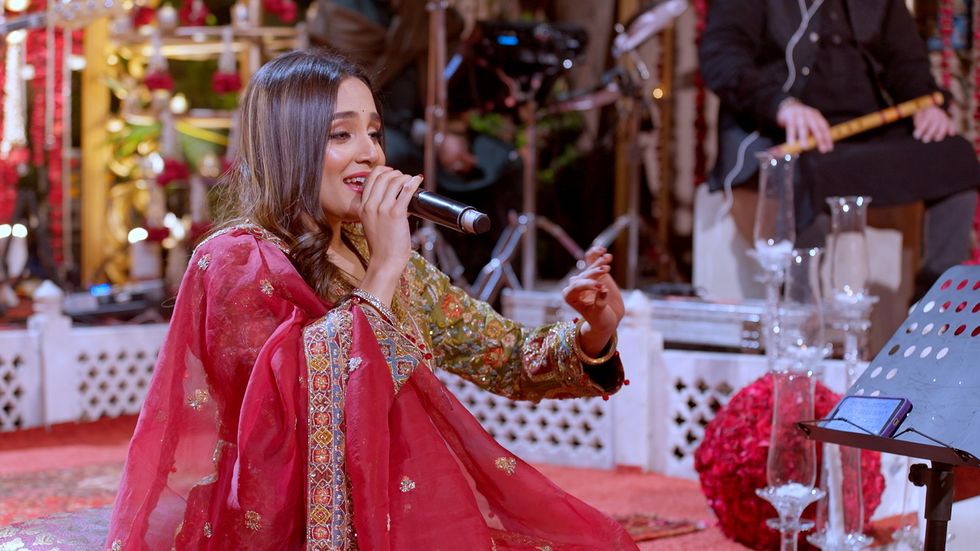 Kavya Limaye
Kavya Limaye L2: Empuraan
L2: Empuraan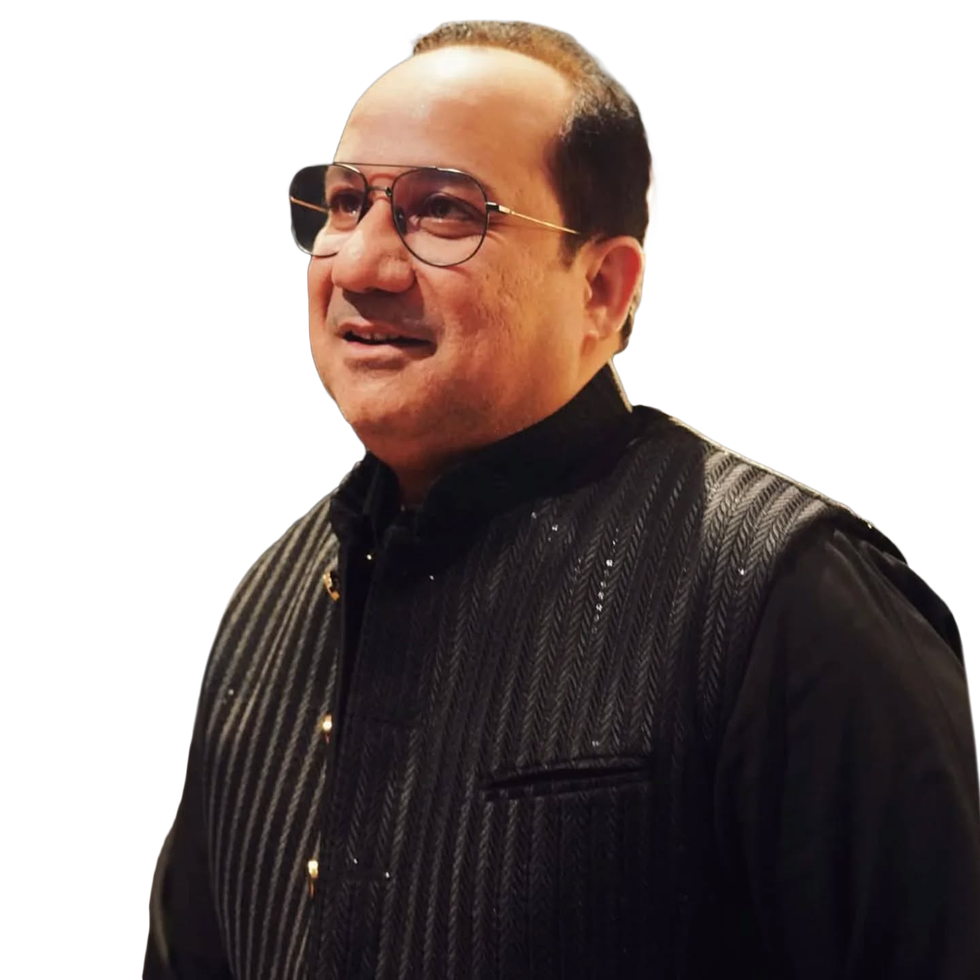 Rahat Fateh Ali Khan
Rahat Fateh Ali Khan